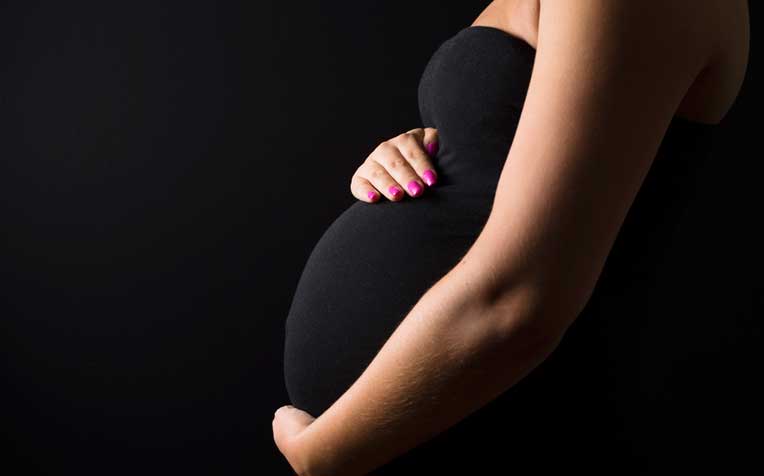
Depression during pregnancy can be caused by foetal abnormalities or previous episodes of depression.
Antenatal depression is a major public health problem affecting about one in 10 women in Singapore
Early detection and treatment of antenatal depression can minimise the chances of developing postnatal depression after the birth of the baby, and helps the woman recover sooner.
Signs of depression to look out for
The common features of depression, such as loss of appetite, poor sleep, feeling tired and forgetfulness are so similar to those of pregnancy that many women may dismiss them as part of pregnancy without realising their more serious consequences.
More distinguishing symptoms include negative thinking, excessive self-blame, loss of interest and feelings of hopelessness and dying.
The different signs of depression to look out for are listed below:
- Low mood
- Irritability
- Loss of interest
- Poor sleep
- Poor appetite
- Loss of concentration
- Excessive self-blame or guilt
- Feeling hopeless, or that life is meaningless
Causes and risk factors for antenatal depression
When a pregnant woman is tearful or emotional, the common reaction is “It’s her hormones!”. While this might be partly true during the first trimester when morning sickness can make a woman feel poorly, and the levels of the “feel-good hormone” oestrogen are low while the levels of the depressogenic hormone progesterone are relatively higher, hormonal changes alone do not conclusively account for antenatal depression. Otherwise every pregnant woman would be depressed!
There are many causes of antenatal depression as with other types of depression and most psychiatric disorders. Often, it is an interplay of various factors which leads to the onset of depression during pregnancy. As a pregnant woman, you will undergo significant psychological adjustment as you adapt to the pregnancy and the notion that you will be nurturing a new life that you are fully responsible for.
If this is your first baby, the adjustment can be more challenging, especially if:
- The pregnancy was unwanted or unplanned.
- You have had a difficult relationship with your own mother. The unresolved emotional conflicts will be awakened as you prepare to be a mother.
- You are unable to let go of your career or have colleagues who are not understanding and supportive.
- You are a teenager or a very young mother. The psychological adjustment needed to become a mother may be particularly difficult, as you are still very much in need of support and nurturing yourself.
Other factors that may contribute to antenatal depression include:
- Having a complicated pregnancy
- Foetal abnormalities
- If you have had previous episodes of depression
Finally, the same factors that contribute to depression at any other time in a woman’s life will similarly affect her during her pregnancy:
- Marital difficulties
- Interpersonal problems
- Financial and occupational problems
- Lack of social support
- Loss of a loved one
- Substance abuse and dependency
The chances of depression can also increase if you have had difficulty conceiving or had previous miscarriages.
Read on to find out the treatment options for antenatal depression when it hits different stages of the pregnancy.
Ref: U11
Contributed by


















 Get it on Google Play
Get it on Google Play